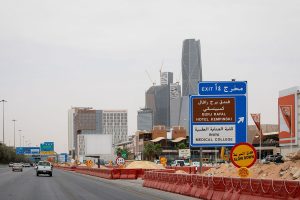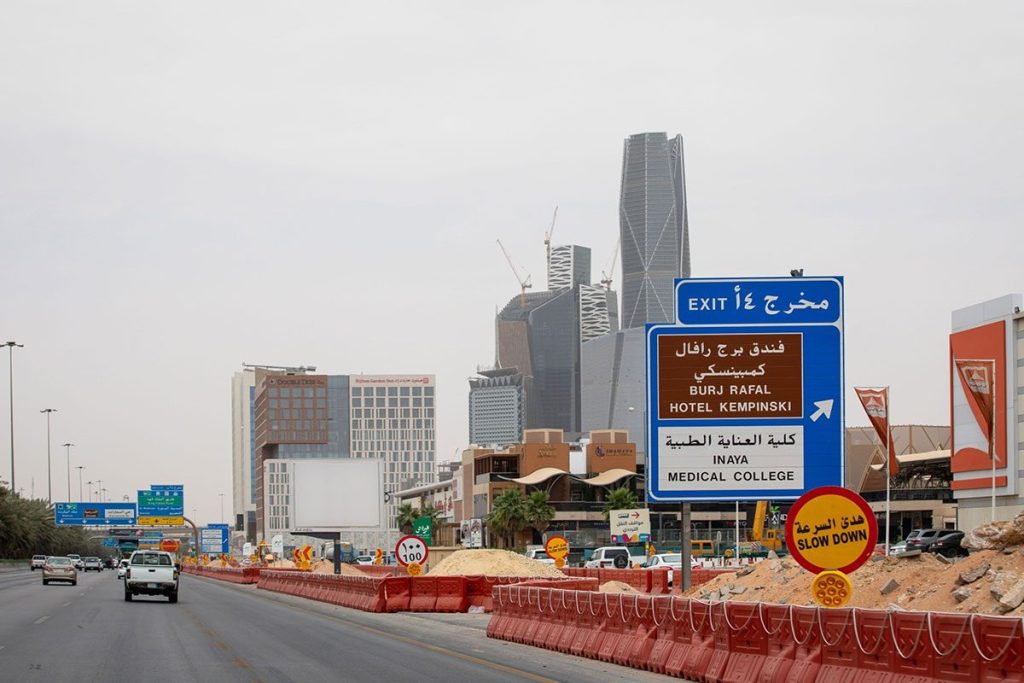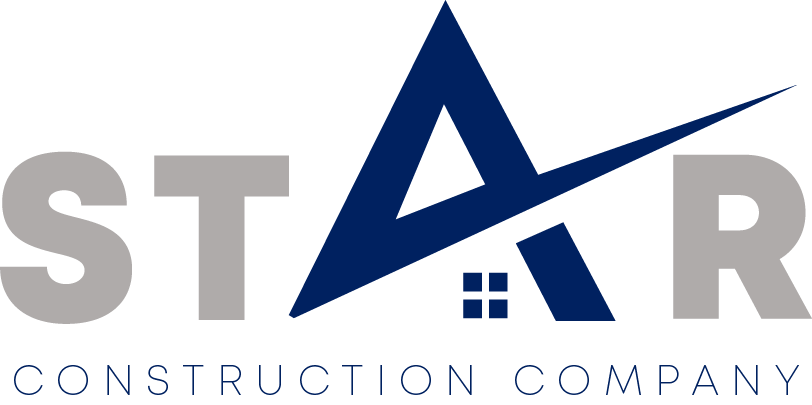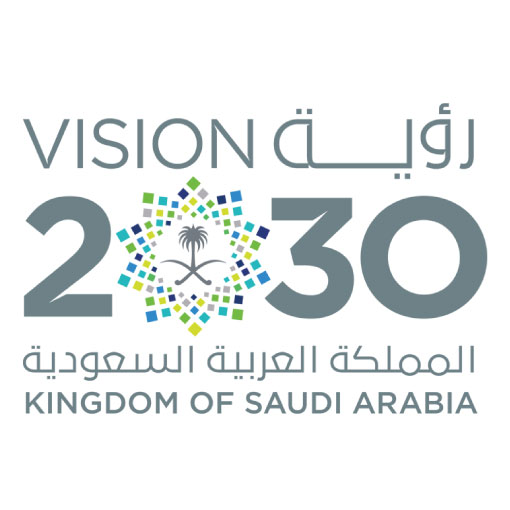
Saudi Arabia’s decision to cease doing business with international companies whose regional headquarters are not based within the kingdom, in line with the country’s transformative vision for the future, will accelerate economic reform across the GCC, agreed panellists at the Construction Week Leaders KSA Summit.
Coming into effect on January 1, 2024, the new policy will encourage foreign firms to open a permanent, in-country regional presence. In turn, this will help create employment opportunities for Saudi nationals and grow investment opportunities in key sectors of the non-oil economy, according to Saudi law firm, HMCO.
Following a keynote speech from Ibrahim A. Al Asseri, president, Al Bawani Capital, the panellists – all experts and senior construction executives – shared insights into the rapid growth and development of Saudi Arabia’s construction industry.
The infrastructure and construction industry is a crucial pillar of the government’s plan to overhaul Saudi Arabia’s economy. Earlier this year, the kingdom revamped its FDI regulations and procurement laws to increase transparency and improve the ease of doing business in the country.
According to the panellists, the long-term development plan, Saudi Vision 2030, which seeks to transform the economy, is already having an extensive impact on the construction sector. With a population estimated to be around 15 to 20 million by 2030, the need for infrastructure and construction development will continue to grow as the kingdom’s private sector continues to play an increasingly important role in construction activity, and new regulations drive new operations and business models.
Suhaib Hammad, head of Commercial & IP practice, Hammad & Al-Mehdar, said: “The scale of infrastructure, entertainment projects and regulatory improvements being implemented in the kingdom is phenomenal. The progressive changes, coupled with aggressive targets laid out by the government, is integral to Saudi Arabia’s ambition to increase FDI from 3.8 percent to 5.7 percent of GDP by 2030, which will, in turn, stimulate broader economic growth.
“Now, more than ever, investors are incorporating environmental, social and corporate governance (ESG) criteria into their investment assessments and valuation decisions. We encourage the Saudi government to ramp up its efforts in implementing ESG frameworks and policies to boost business sentiment and promote healthy competition for FDI in the region,” he continued.
The Saudi Contractor Authority reported that there are approximately 175,000 contracting companies in the kingdom. However, medium to large enterprises represents only 3.6 percent, while the remaining 96.4 percent are small-sized enterprises. The report further states that 56 percent of these contractors specialised only in buildings – with only 27 percent being able to contribute to specialised projects.
According to the panellists, the new policy will bring about long-term value-creation from investors, due to increased investment in training and development of local talent. International construction companies, who often set up temporary branches in Saudi primarily to take up specific government projects and leave once the project is delivered, will be encouraged to partner with local companies – a significant step in safeguarding the kingdom’s privatisation plan.
Business activity in Saudi Arabia last month grew at the fastest pace in seven years as fewer Covid-19 restrictions led to a boost in the non-oil economy.
A Purchasing Managers’ Index compiled by IHS Markit rose to 58.6 in September from 54.1 during the previous month, the largest monthly gain in points on record. The acceleration was mainly attributed to faster growth in new orders.



